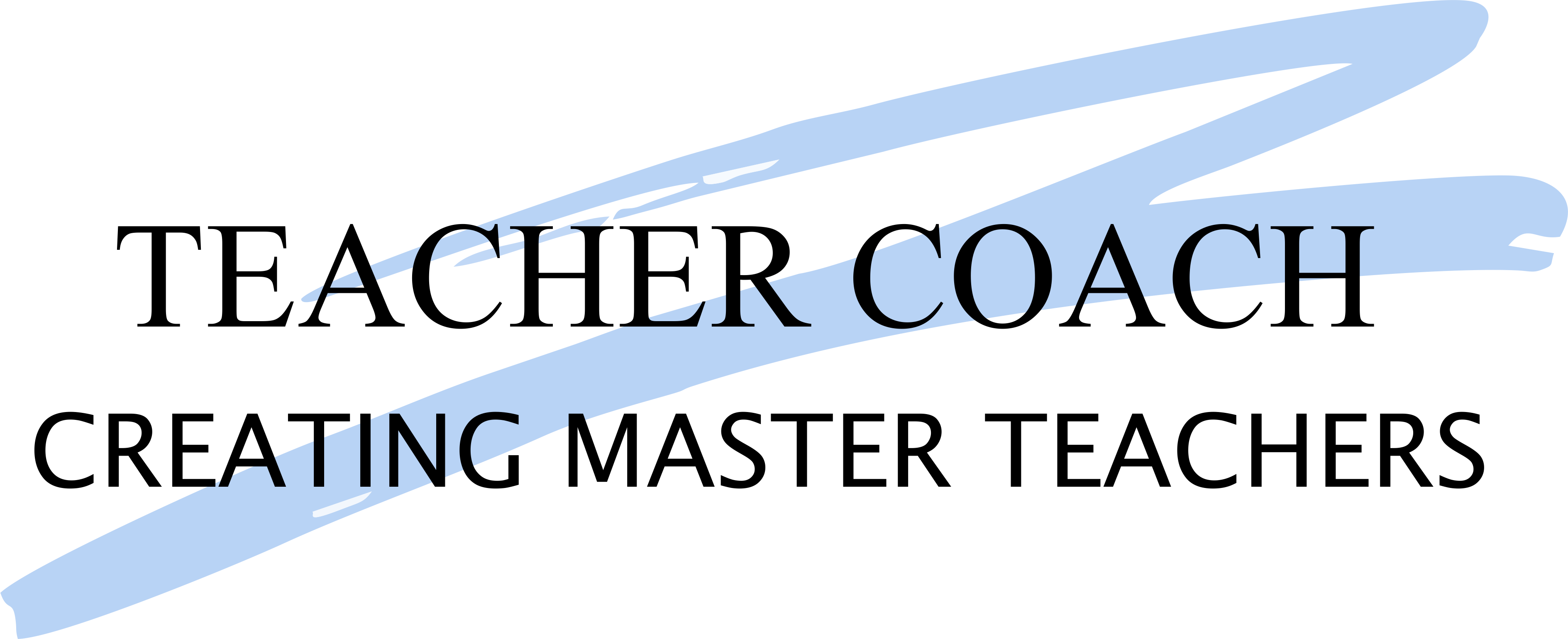
Teachers don’t always teach the intellectual skills needed for students to succeed in their subject area. When this is neglected, teachers often wonder why they still have classroom management problems when they have followed all the best advice on implementing strategies to control student behavior. The lack of these intellectual skills is a major cause of problems that teachers will face. Providing direct instruction on these skills will change and probably eliminate your need for new classroom management strategies.
As we have discussed in previous articles one of the main needs that students have is to know the rules of the game. In Phys. Ed. the first thing students learn is the rules of the sport they are working on. But in the academic classroom too often we assume that the students know the rules, that they know how to learn. We must realize that historians learn differently from mathematicians, who in turn learn differently from chemists or piano players or writers or … I think you get the idea. We need to teach our students how to learn in our subject and classroom. One of the goals we have as teachers is to develop in our students independence and personal responsibility for learning. Can they do this if we don’t first teach them how to learn? Absolutely not! Whether you are teaching first grade or twelfth grade teaching our students how to learn is our first responsibility. The first grade teacher can’t assume that the parents have taught their child how to read. Nor can the twelfth grade teacher assume last year’s teacher covered all of the curriculum with all of the students.
Let’s examine in more detail this critical classroom management strategy: teach your students how to learn. Here are a couple of critical areas.
-
Gathering information is a critical skill that our students need. When they are listening to us talk, how will they know what is important and should be noted or written down? If we assign a reading, what are the facts and what is the fluff? This will definitely require some direct instruction. Take the first article that you want the students to work with and teach them how to pick out the important facts.
-
-
Begin by telling the students to look at the title of the article and then discuss what it is likely to be about.
-
Have the students read through the article once independently.
-
Return to the beginning and read each sentence/paragraph separately and ask students what they think the fact(s) are. Discuss the answers and come to a consensus.
-
How do you want them to record the facts?
-
Underline
-
Highlight
-
Draw a diagram
-
Make a note on a separate sheet of paper
-
The whole sentence
-
A phrase or word
-
-
-
You know your subject area best. Will these ideas work or do people in your field approach fact finding differently. Remember that in your class they are budding physicists and musicians, poets and artists. Teach them, and treat them accordingly.
-
Once the students have the information what do you expect them to do with it? Are they to write an opinion piece? Are they to create a research essay? Do you want them to create something with this new found knowledge? Is this work preparation for a final exam? Regardless what the purpose may be the first thing you need to find out is whether the students know how to do what you want. Can they write an opinion piece, essay or exam? If not you will need to teach them how.
-
Show them examples of what the final product should look like. Break it down into pieces and discuss how to develop these particular features. As an experienced teacher and student you have done these types of assignments for years but your students have not. Devote a class to some direct instruction on how to prepare for and present the assignment you have given them. Don’t assume they will be able to figure it out for themselves. The key to their success and yours, is giving them the tools to do their job correctly.

